Description
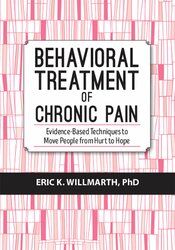
-
Eric K. Willmarth – Behavioral Treatment of Chronic Pain: Evidence-Based Techniques to Move People from Hurt to Hope
- Faculty:
- Eric K. Willmarth
- Duration:
- 6 Hours 13 Minutes
- Format:
- Audio and Video
- Copyright:
- May 07, 2020
Description
We are in the midst of a nationwide push to treat chronic pain and address our out-of-control opioid prescribing. At least 1/3 of the people we treat are dealing with this condition, yet most of us are ill-prepared to address this with skill and expertise. The CDC recently published recommendations for the treatment of chronic pain, specifically highlighting behavioral treatment as an approach that should be tried before opioids are prescribed.
We are witnessing a devastating public health crisis that is ruining individual’s lives, tearing up families, and ripping through communities. We need to arm ourselves with the skills needed to offer our clients evidence-based behavioral interventions that will help them live healthy and productive lives.
Purchase this cutting-edge recording and learn creative tools and techniques to transform your practice. Learn powerful mindfulness interventions and motivational interviewing techniques to move your clients toward behavior change. Master the four pain-changing CBT tools. You will finish this recording with the skills and confidence to provide practical and life-changing help to help people move out of chronic pain and into active, healthy, and meaningful lives.
Handouts
| Manual – Behavioral Treatment of Chronic Pain (5.1 MB) | 98 Pages | Available after Purchase |
Outline
Pain
- Acute vs. chronic pain
- Emotional aspect of pain
- More problematic than physical aspect
- Anxiety, fear, catastrophizing
- ACE (Adverse Childhood Experiences)
- Study and link to pain
- Chronic pain onset: Physical & emotional
- Pain vs. suffering
- Impact of pain
- Prevalence
- Societal costs
- Chronic pain cycle
- Psychological
- Physical
- Factors that impact pain
- Physical, thought, emotions, behaviors
- Social interactions
- Suicidality and chronic pain
Opioids
- Scope of the problem
- The “painkiller” myth
- Not effective pain relief
- Medication assisted treatment
- Methadone
- Buprenorphine (Suboxone)
- Naltrexone injection (Vivitrol)
- Risks
- Men, women, elderly
Assessment
- Pain experience factors
- Psychological
- Behavioral
- Social
- Physical
- 5 E’s of pain interview
- Self-report measures
- Impact of pain
Treatment
- Treatment options
- Medication
- Invasive
- Non-invasive
- CDC guidelines
- Behavioral treatment first
- Importance of therapeutic relationship
- Mindfulness
- Powerful evidence-based interventions
- Motivational interviewing
- Proven techniques to move toward behavior change
- Goal-setting
- SMART goals
- Matching goals with client values
- CBT tools
- Automatic negative thoughts
- Thought distortions
- ABC worksheet
- Decatastrophizing
- Additional behavioral treatment tools
- Breathing
- Imagery
- Pleasant activities
- Progressive muscle relaxation
- Anger management
- Time-based pacing
- Stress management
- Sleep hygiene
Research limitations and risks of psychotherapeutic approaches
Faculty
Eric K. Willmarth, Ph.D. Related seminars and products: 2
Eric K. Willmarth, Ph.D., is a licensed clinical psychologist and the past president of the American Society of Clinical Hypnosis (ASCH), the largest U.S. organization for mental health care professionals using clinical hypnosis.
For over 35 years, Dr. Willmarth has been involved with the study and application of clinical hypnosis in clinical practice and he’s appeared at numerous national and international hypnosis conferences.
His extensive involvement with hypnosis led him to serve as past president of the Michigan Society for Clinical Hypnosis, the Society for Psychological Hypnosis (APA Div. 30), and the Society for Clinical and Experimental Hypnosis (SCEH).
Dr. Willmarth is a past winner of the Distinguished Contributions to Professional Hypnosis Award from APA Division 30. Dr. Willmarth is the assistant director of Saybrook University’s Department of Applied Psychology and serves as the director of training and director of the integrative Mental Health Ph.D. specialization in the College of Integrative Medicine and Health Sciences.
Speaker Disclosures:
Financial: Eric Willmarth is the director of Integrative Mental Health at Saybrook University. He receives a speaking honorarium from PESI, Inc.
Non-financial: Eric Willmarth is a member of the Society for Clinical and Experimental Hypnosis; American Society of Clinical Hypnosis; and Michigan Society of Clinical Hypnosis.
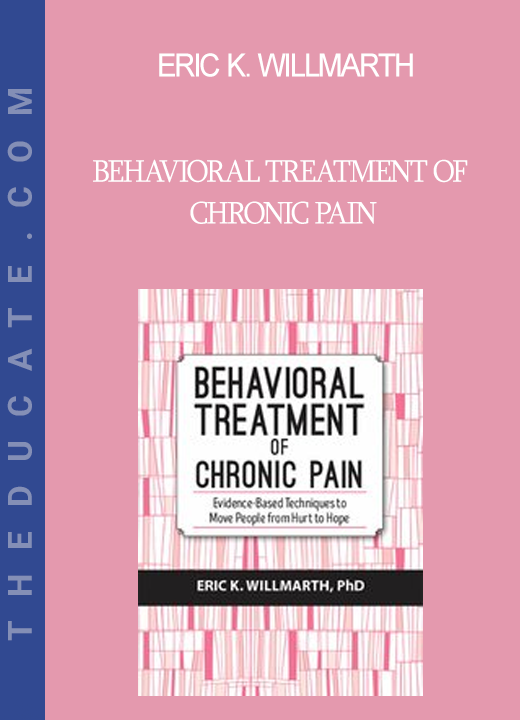


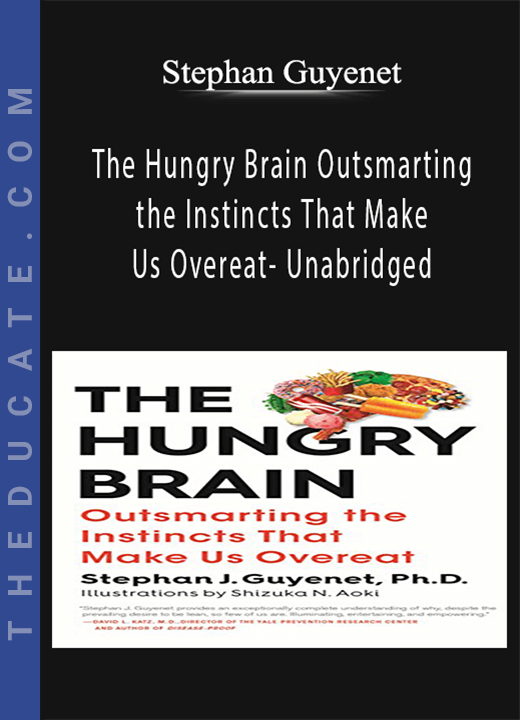
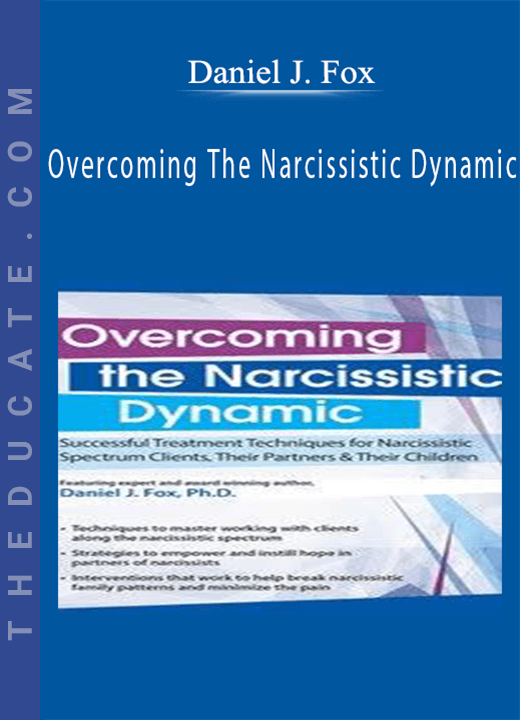
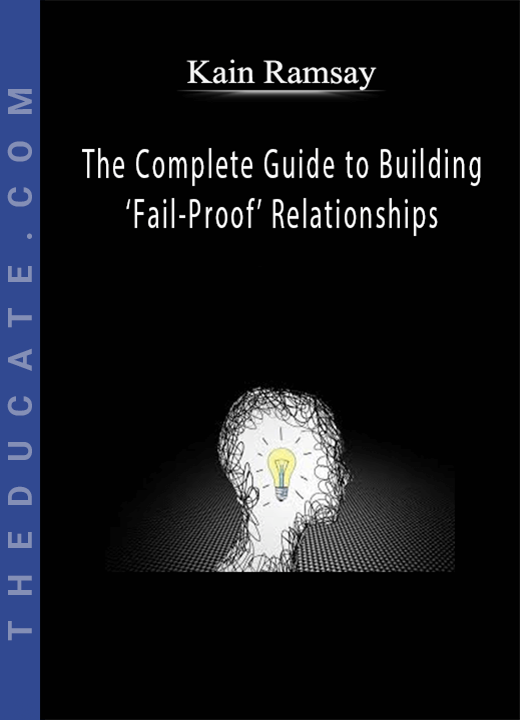
Reviews
There are no reviews yet.